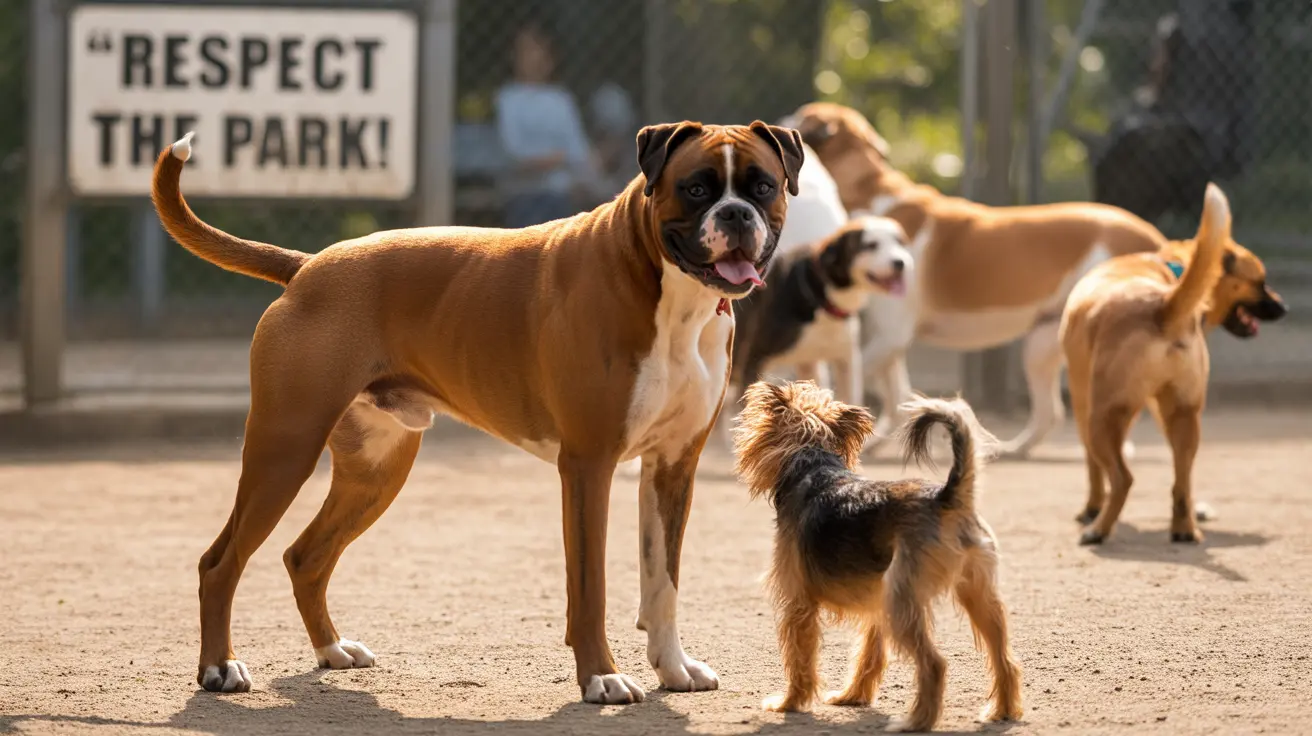Understanding Territorial Marking Behavior
Dogs use scent marking as a primary form of communication in their social world. When a dog urinates on another dog, it's often a form of territorial marking, especially common in unneutered males. This behavior serves multiple purposes in the canine social hierarchy:
- Establishing dominance or social status
- Marking territory or resources
- Communicating reproductive status
- Responding to stress or anxiety
The Role of Hormones in Marking Behavior
Hormones play a significant role in marking behavior, particularly in intact males and females. Testosterone levels in unneutered males can drive more frequent marking behavior, including urinating on other dogs. Similarly, females in heat may mark more frequently to advertise their reproductive status.
Medical Causes Behind Inappropriate Urination
Sometimes, a dog peeing on another dog isn't behavioral but medical. Several health conditions can lead to this behavior:
- Urinary tract infections
- Diabetes
- Kidney disease
- Bladder stones
- Prostate problems in male dogs
- Incontinence due to age or other factors
If your dog suddenly starts exhibiting this behavior, it's essential to consult with a veterinarian to rule out any underlying health issues.
Prevention and Training Solutions
There are several effective strategies to address and prevent dogs from urinating on other dogs:
Immediate Management Strategies
- Supervise all dog interactions closely
- Interrupt marking behavior before it occurs
- Keep dogs separated during initial introductions
- Use positive reinforcement training techniques
Long-term Solutions
For lasting behavior modification, consider these approaches:
- Spaying or neutering your pet
- Professional behavioral training
- Environmental management
- Consistent positive reinforcement
- Regular veterinary check-ups
Frequently Asked Questions
Why does my dog pee on other dogs during social interactions?
Dogs may urinate on others during social interactions as a form of communication, marking territory, or establishing dominance. This behavior can also be triggered by excitement or anxiety in social situations.
Could my dog's urinating on another dog be a sign of dominance or territorial marking?
Yes, urinating on another dog is often a display of dominance or territorial marking, particularly in unneutered males. This behavior helps establish social hierarchy and claim resources within the group.
What medical conditions might cause my dog to accidentally pee on other dogs?
Several medical conditions can cause inappropriate urination, including urinary tract infections, diabetes, kidney disease, bladder stones, and age-related incontinence. Any sudden changes in urination behavior warrant a veterinary examination.
How does neutering or spaying affect a dog's tendency to pee on other dogs?
Neutering or spaying typically reduces marking behavior significantly, with studies showing a 50-60% reduction in marking behavior following the procedure. However, some dogs may require additional training to completely eliminate the behavior.
What steps can I take to prevent my dog from peeing on other dogs?
Prevent this behavior through proper supervision, positive reinforcement training, early socialization, and considering spaying or neutering. Address any underlying medical issues and work with a professional trainer if needed.
Conclusion
While dogs urinating on other dogs can be concerning for pet owners, understanding the underlying causes helps address the behavior effectively. Whether the root cause is behavioral or medical, there are numerous solutions available. Remember to always consult with your veterinarian if you notice sudden changes in your dog's behavior, and consider working with a professional trainer for persistent behavioral issues.






